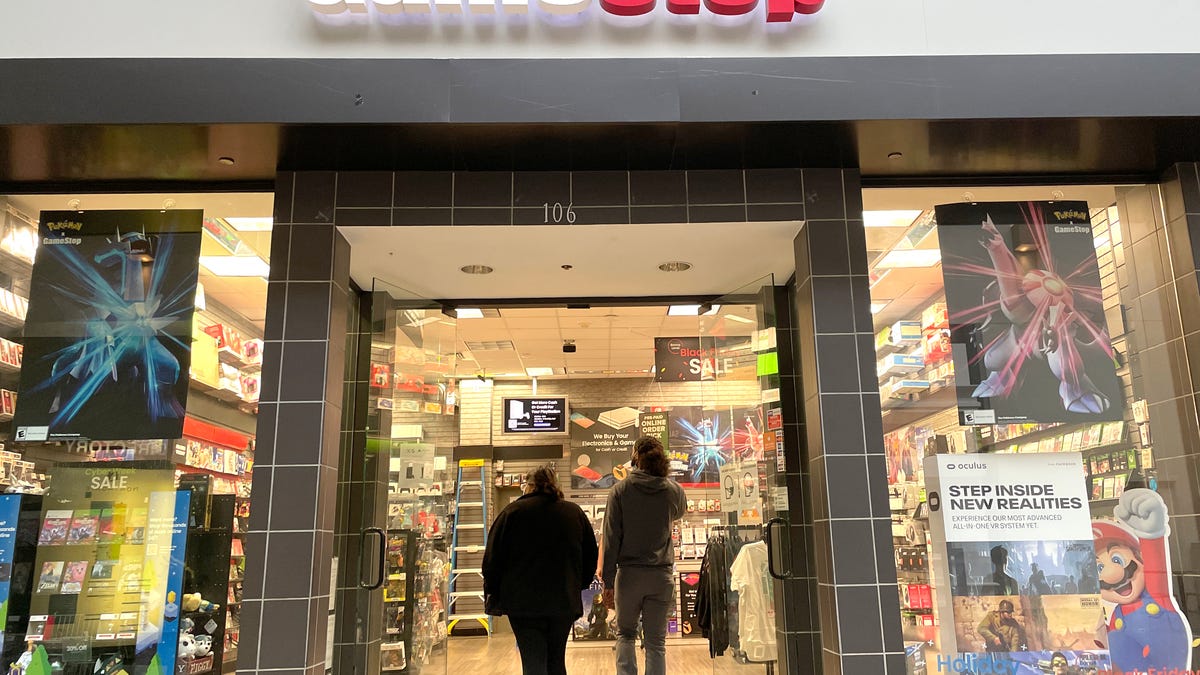Ryan Cohen skyrocketed to success with his co-founding of Chewy, the renowned online pet store. After selling Chewy to Petsmart for a staggering $3.35 billion, it went public as an independent company in 2019.
In recent years, Cohen has shifted his focus to the turnaround of video game retailer GameStop. Drawing from his billionaire status thanks to Chewy, he invested in GameStop and secured a board seat. His involvement with GameStop sparked a frenzy among retail traders, who mobilized on Reddit and Discord’s WallStreetBets channels to orchestrate an unprecedented short squeeze. This maneuver propelled GameStop’s stock price from around $5 per share at the beginning of 2021 to an astounding intraday high of $483.
Since the short squeeze, GameStop’s stock price has gradually declined while Cohen has gained increasing control. He took charge of the struggling company, ousting its executives and replacing them with his trusted associates. Most recently, GameStop’s board removed the former Amazon executive, Matt Furlong, who was appointed as CEO after the short squeeze, and promoted Cohen from chairman to executive chairman.
Now, Cohen is assuming the role of CEO himself, the culmination of his efforts to turn the company around and maximize his personal stake. With this new position, Cohen has a direct impact on GameStop’s operations and future.
Can GameStop make a comeback?
GameStop’s business model is considered outdated in today’s digital era. Nevertheless, nostalgia played a significant role in attracting retail investors to the brand, just as they have attempted to revitalize other 2000s-era strip-mall vendors like AMC, Bed Bath & Beyond, and BlackBerry.
The video game industry has transitioned towards digital downloads, leaving behind physical discs. Want the latest Zelda game? Simply power on your Nintendo Switch, connect to the internet, purchase the game, download it instantly, and start playing. However, physical discs still offer advantages such as saving storage space on devices and the ability to resell them, including to GameStop, which maintains a thriving trade-in business.
Since joining the board, Cohen has pushed for GameStop to prioritize a stronger ecommerce presence, despite its extensive brick-and-mortar footprint. He also aimed to launch a nonfungible token (NFT) marketplace. Unfortunately, neither strategy has yielded significant results.
Earlier today (Sept. 28), the GameStop board announced Cohen’s appointment as president and CEO. Details about his plans remain sparse, but it was mentioned that Cohen will forgo a salary in his new roles, while maintaining a 12% ownership stake.
After three years of owning GameStop stock, Cohen faces few obstacles in shaping the company according to his vision. If he fails, he will have no one to blame but himself.
Denial of responsibility! Vigour Times is an automatic aggregator of Global media. In each content, the hyperlink to the primary source is specified. All trademarks belong to their rightful owners, and all materials to their authors. For any complaint, please reach us at – [email protected]. We will take necessary action within 24 hours.


